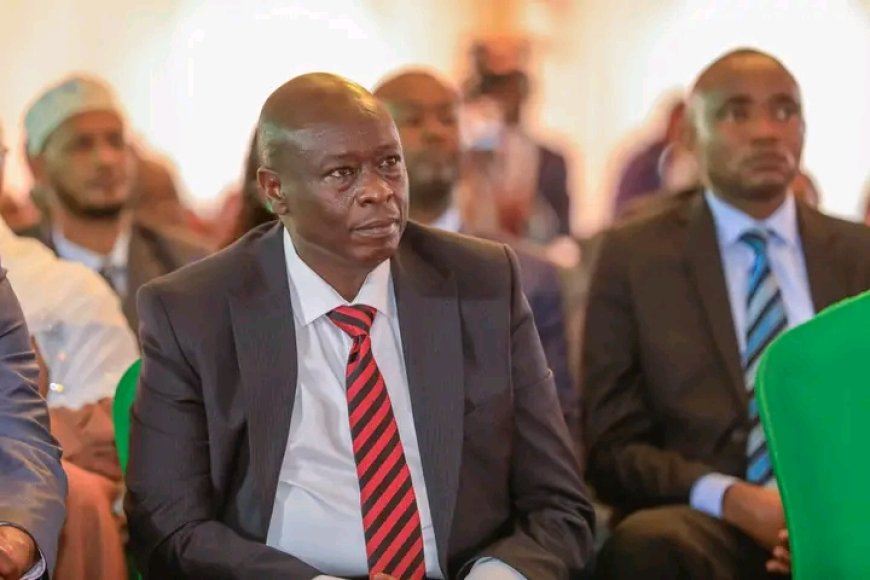The Process of impeaching the Deputy President of Kenya

Nairobi,
Monday, 23 September, 2024
McCreadie Andias
Embattled Deputy President Rigathi Gachagua is on the risk of facing the chopping board with Kenya Kwanza and allied MPs threatening to stage his onslaught in parliament.
Tana River Senator Danson Mungatana has already filed a censor motion to the Speaker of the house while there's a Looming Impeachment motion set to be tabled in parliament in less than two weeks time as reports have it.
However, the stakes of Removing the DP are high and might cause collateral damage both to President William Ruto and his administration.
We seek to look into the process of Impeaching a Deputy President in Kenya.
First, the DP can leave office on the grounds of physical or mental incapacity to perform the functions of the office.
However, on impeachment--the DP can be removed on the ground of a gross violation of a provision of the Constitution or any other law, additionally the DP can be impeached where there are serious reasons that he has committed a crime under national or international law or for gross misconduct.
The entire process is guided by the provisions of Articles 144 and 145 relating to the removal of the President.
The Kenyan Constitution gives the National Assembly and the Senate the power to impeach the Deputy President.
The Senate is responsible for the process to remove or impeach the Deputy President in Kenya.
The process starts where a member of the National Assembly, supported by at least a third of all the members, may move a motion for the impeachment of the Deputy President on the grounds provided before.
If at least two-thirds of the National Assembly members support the motion above, the National Assembly Speaker shall inform the Speaker of the Senate of that resolution within two days; and
the Deputy President shall continue to perform the functions of the office of the Deputy President pending the outcome of the impeachment proceedings.
Within seven days after receiving notice of a resolution from the Speaker of the National Assembly, the Speaker of the Senate shall convene a meeting of the Senate within seven days to hear charges against the Deputy President.
Henceforth, The Senate, by resolution, may appoint a special committee comprising eleven of its members to investigate the matter.
The special committee appointed above shall investigate the matter. It shall report to the Senate within ten days whether it finds the particulars of the allegations against the Deputy President to have been substantiated.
Members of the Special Committee shall take an Oath or Affirmation, as the Senate Speaker may prescribe, submitting that they will perform their duties honestly and with due diligence.
The Deputy President shall have the right to appear and be represented before the special committee during its investigations.
The Special Committee may hear representation from the member who moved the motion in the National Assembly and other members of the National Assembly.
If the special committee reports that the particulars of any allegation against the Deputy President have not been substantiated, further proceedings shall not be taken under Article 145 of the Constitution in respect of that allegation; or
have been substantiated, the Senate shall, after accord the Deputy President an opportunity to be heard, vote on the impeachment charges.
The Senate shall vote on each impeachment charge of the Motion (e.g. vote ‘yes’ or ’no’ for each of the impeachment charges).
If at least two-thirds of all the members of the Senate vote to uphold any impeachment charge, the Deputy President shall cease to hold office.
If no further proceedings take place when the allegations are unsubstantiated, the Deputy President continues to hold office.
What's Your Reaction?


































































































































































































































































































